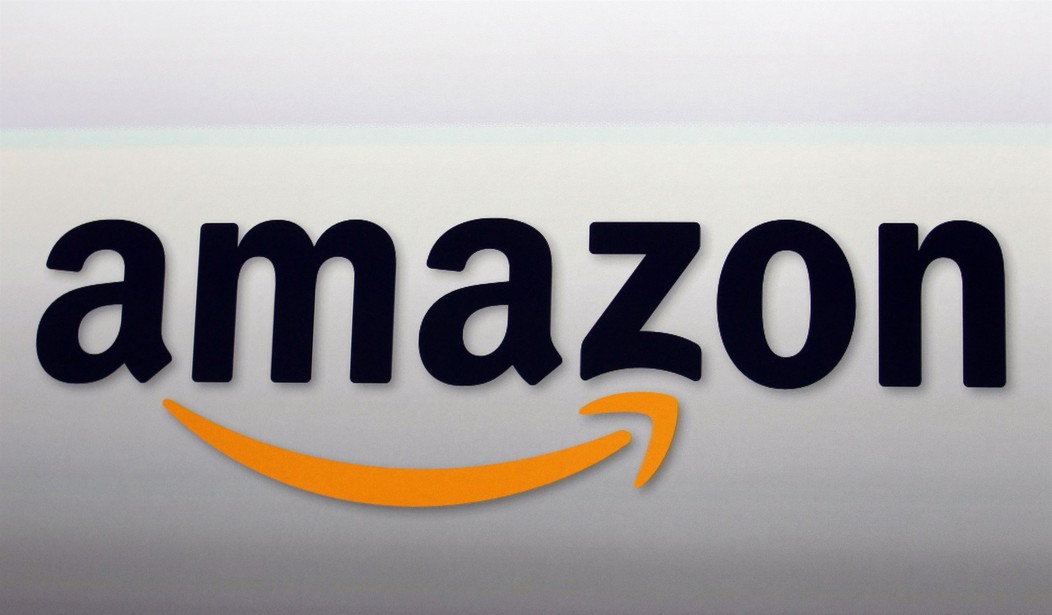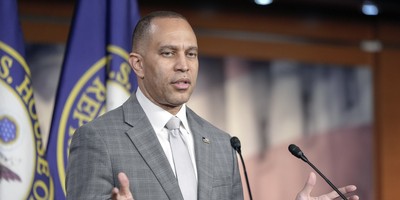Right now, Americans are deciding between red and blue…or orange and black. No, I’m not talking about the election, but rather online holiday shopping and the current sales events being held this week by Target, Walmart, Amazon, and undoubtedly many other retailers. In any given year, there isn’t anything particularly noteworthy to the average American consumer about retailers looking to juice sales headed into the holiday season. However, in the latest great example of Washington being totally out of touch, many politicians are acting like these sales events don’t exist, pushing policy changes that threaten to upend the retail sector to consumers’ detriment going forward.
The most significant example of political meddling, and misunderstanding of competition, is the 450-page report released last week by House Judiciary Committee Democrats, of which a solid chunk is dedicated to arguing Amazon is a “monopoly” warranting antitrust action. Yet this week, Amazon’s famed “Prime Day” sales event is being directly challenged by coinciding sales events at Target, Walmart, and others. Shoppers are thus undoubtedly clicking back and forth between multiple tabs on their browsers, seeing which retailer offers the best deal on identical or competing products. That’s not how a monopoly works, even in the board game. You don’t land on Park Place and choose which of your friends or family playing the game you’d like to pay most.
Similarly, you typically won’t be approached by other players offering cheaper rent. Again, that’s not how Monopoly at the kitchen table nor a monopoly in the market works. The existence of Prime Day and the fact that other retailers find it advantageous to align their sales events with Amazon tell us loudly and clearly that the retail market is indeed quite competitive with large corresponding benefits flowing to consumers.
The House Judiciary Committee ignores these obvious truths, making the report a tedious, nonsensical read for all. There isn’t an easy or clear way to claim Amazon warrants antitrust action against the reality of the American consumer, who is bombarded with choices and discounts. To get around this problem, the report conveniently ignores real-life commercial decisions and consumer experiences.
Recommended
The report focuses on Amazon’s interaction with third-party sellers and its utilization of consumer data in regards to development of its own competing Amazon-brand products. In fact, the practice of introducing competing generic brands is common. Both Target and Walmart, along with most major retailers, have in-house brands, almost-always at lower prices.
The report further alleges that Amazon internally refers to its third-party partners as competitors. This is supposed to be some sort of smoking gun. However, these terms are not mutually exclusive. Competing teams in a sports league are both partners and competitors. The quality of play from both teams makes the overall experience better for the consumer.
When stores introduce their own brands to compete with the products on offer from their third-party partners, they keep the pressure on their partners to continue to produce quality and affordable products. Consumers benefit from this and the resulting greater choice in product selection at varying prices. Lack of selection is not an attribute that consumers rate highly.
The report advocates limiting the ability for retailers to offer their own competing brands. This is decidedly anti-competitive and anti-consumer, the antithesis of sound antitrust policy. For example, grocery stores routinely sell their own-branded products next to the brand names, usually at a lower cost.
To get around the fact that most major retailers engage in the exact same practices when it comes to third-party sellers and generic brands, the report attempts to narrow the scope of the market in which Amazon operates, focusing on the online retail market. Anecdotal evidence is offered to claim that Amazon is the only place for sellers to find online consumers with any success. The report even goes so far as to note how many more products Amazon has available for two-day shipping as compared to Walmart as proof of dominance.
However, it is undoubtedly true that Walmart has far more products available to purchase and utilize the same day in its stores compared to Amazon, which has almost no brick-and-mortar presence beyond its niche Whole Foods grocery stores. There is simply no objective advantage held by online retail versus brick-and-mortar stores. Each has their tradeoffs that will match the subjective wants of the individual consumer, and no consumer is exclusively online.
Applying special rules or scrutiny exclusively to target one firm at one end of the market (that is, Amazon and online retail) will harm consumers throughout the market. If this wasn’t the case, then Walmart and Target, predominantly brick-and-mortar brands, would have little interest in when Prime Day is, let alone align their own sales practices with the event.
Patrick Hedger is the Vice President of Policy for the Taxpayers Protection Alliance.
























Join the conversation as a VIP Member